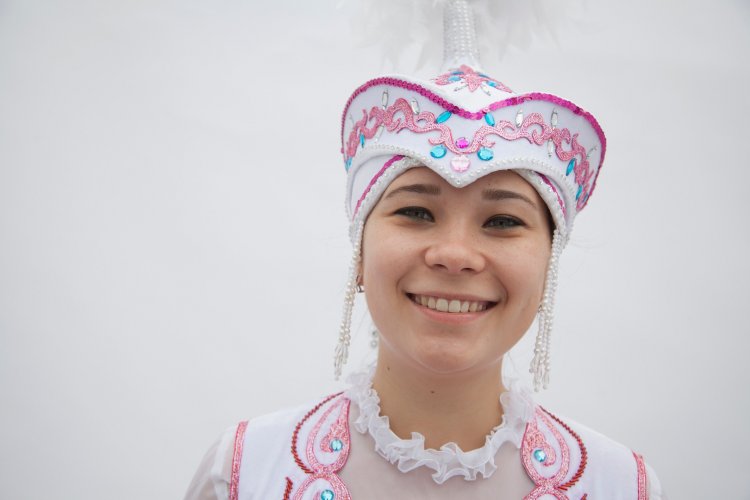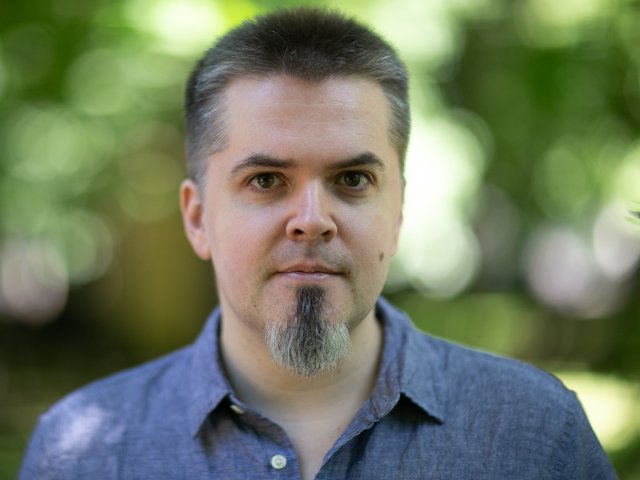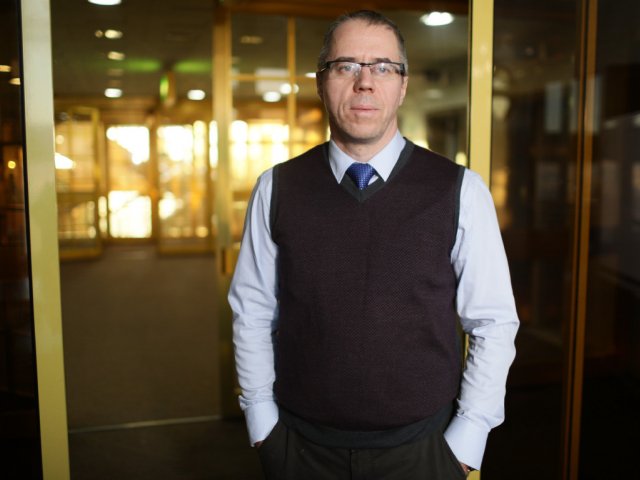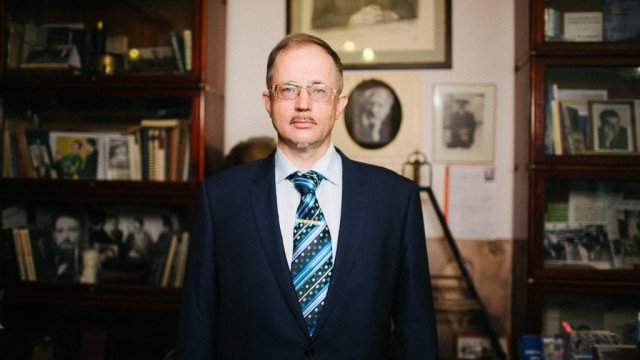Today, ethnographers celebrate their professional holiday. In Russia, this day coincides with the birthday of the ethnographer and traveler Miklouho-Maclay born in 1846.
Ethnography in Russia is considered a supporting historical discipline. It studies material and spiritual culture of peoples, and their cultural and historical relations. The science about ethnoses looks at the origins and settlement of peoples, their everyday lives, traditions and many other things. Ethnographic research is conducted at institutes of the Russian Academy of Sciences, at the Russian Geographic Society, etc.
Ethnographers have to spend a lot of time in the field. They often visit the most distant and low-access parts of Russia. What are the main qualities an ethnographer needs? Yelena Fursova, Doctor of Historical Sciences, an ethnographer, Head of the Ob East Slavic Ethnographic Team, leading research officer, Head of the Ethnographical Department at the Institute of Archeology and Ethnography of the Siberian division of the Russian Academy of Sciences, spoke about it in an interview she gave to Scientific Russia.
“Aside from professional knowledge of history, an ethnographer should have a number of abilities. As with any profession, there is talent and lack of talent. First of all, to become an ethnographer, one needs to like to travel, because trips in ethnographic expeditions are often difficult and uncomfortable in terms of essential arrangements. For example, we have to move from one town or village to another, sleep in tents, at our informants’ or in other places where accommodation is available. This makes us different even from archaeologists who actually enjoy pretty stationary and established living arrangements. The second quality anyone who decided to engage in ethnographic research needs is something I would describe as love for people: an ethnographer has to know how to communicate with people and get a positive response, so that they speak to you willingly and tell you things. Knowledge of our informants have is really important for science, the people, and for our country.
In our profession, one cannot become a professional without love and respect for people, for a particular informant, since otherwise you wouldn't be able to create a proper source for yourself. Finally, the third quality is the ability to see the problem, to notice things that may help you to do the job as you collect material, such as intercultural, interethnic relations, ethnocultural identity, etc. That is, one should always think what kind of material is needed to address a particular scientific problem. In that respect, even when working with a group of students, one can see at once who is capable of what, who could become a researcher-ethnographer, and who wouldn’t be able to become an ethnographer in the classic sense.”
Congratulations to all ethnographers for their professional holiday!
Photo: xixinxing / 123RF






















